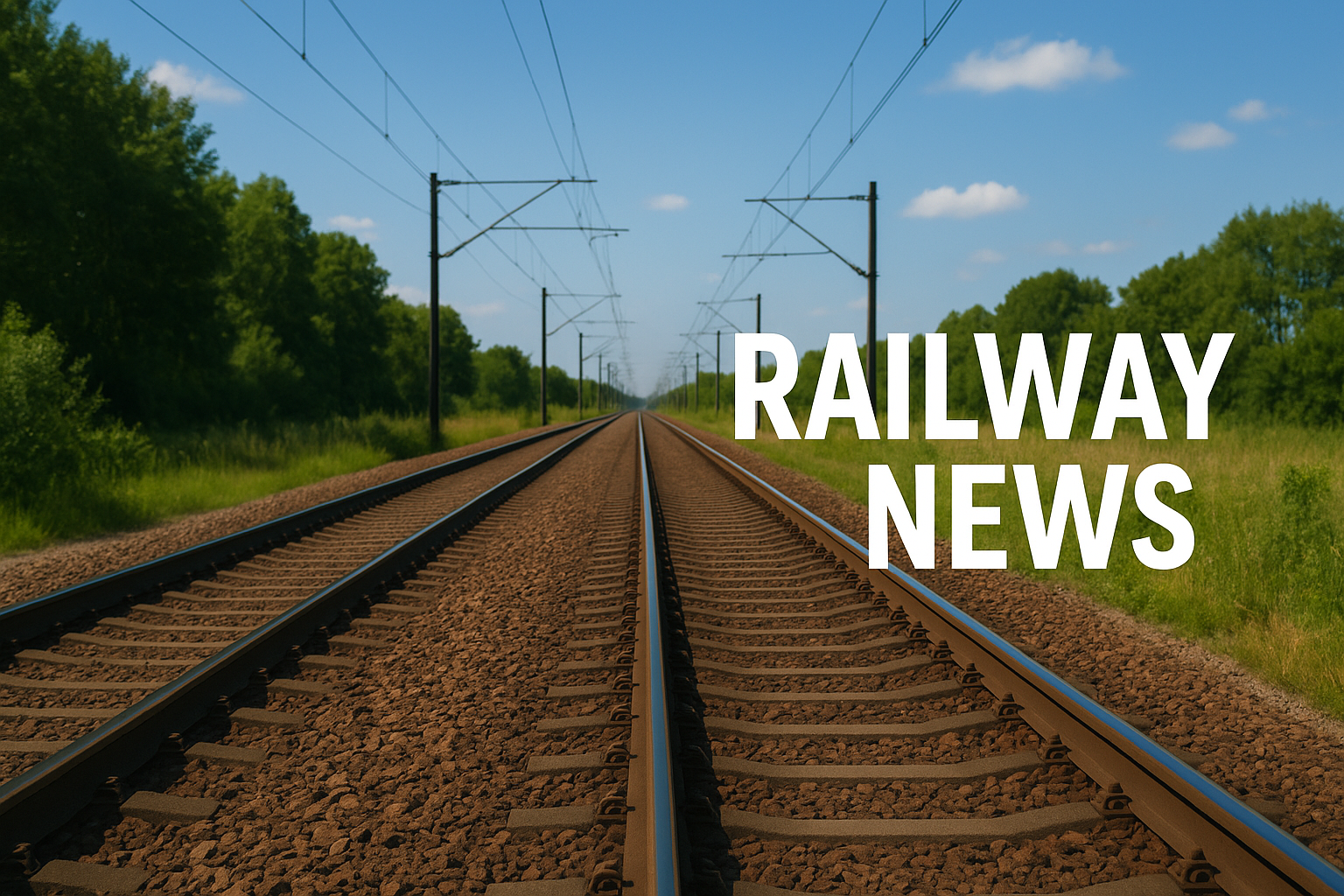Brazil and Peru Plans to Trans-South American Railway

Brazil and Peru are currently working on an agreement that will see a new railway that would cross South America.
Brazil, Peru and China are working on an outline agreement to create a new railway that would cross South America, the Folha de S.Paulo newspaper reported Tuesday.
The train line would cross the continent, linking Brazil’s Atlantic coastline with the Pacific Ocean in Peru, and in part boost commodity exports.
Preliminary reports estimate the Transoceanic Railway would cost at least $10 billion, and the Brazilian government hopes Chinese businesses will bid for sections of the project.
The new train line is to make up part of an upcoming announcement of new Brazilian infrastructure projects set to be unveiled next month by Brazilian President Dilma Rousseff.
The route would allow commodities, principally soybean and iron ore, to be transported more quickly to major ports, such as Santos in São Paulo state and Açu in Rio de Janeiro, and also give Brazilian business a port on the Pacific, bypassing the Panama Canal.
Technical studies have already started on the Brazilian side of the project, the newspaper reported, which would start in Rio de Janeiro state and cross Minas Gerais and Goiás states — where many iron ore mines are located — before linking the soybean and beef cattle heartlands of Mato Grosso and Rondônia and the Amazonian state of Acre.
Feasibility studies on how the train line can be built across the Brazilian-Peruvian Amazon regions and the Andes are yet to be concluded.
A memorandum of understanding has already been signed between the three countries, and the line will include at least two railway projects already pledged by the Brazilian government but for which tenders have not yet been offered.
Chinese Premier Li Keqiang is set to sign off on further deals with Brazil when he visits the country next week, according to Folha.
Following initial agreements between Rousseff and her Chinese counterpart, Xi Jinping, during a state visit to Brazil last July in which China gave the green light to investments in Brazilian railways, the countries now want to put in place timeframes for completing technical studies.
Economists and business leaders say Brazil is in desperate need of better infrastructure to boost competitiveness and reduce physical and bureaucratic bottlenecks that hamper improved economic growth. China has been Brazil’s biggest commercial partner since 2009 and bilateral trade stood at $78 million in 2014. China also surpassed the United States as Peru’s biggest trade partner in 2011.
Like Brazil, Peru supplies mainly raw materials to Chinese industries, including copper, zinc and lead, as well as the energy-rich root, maca.

